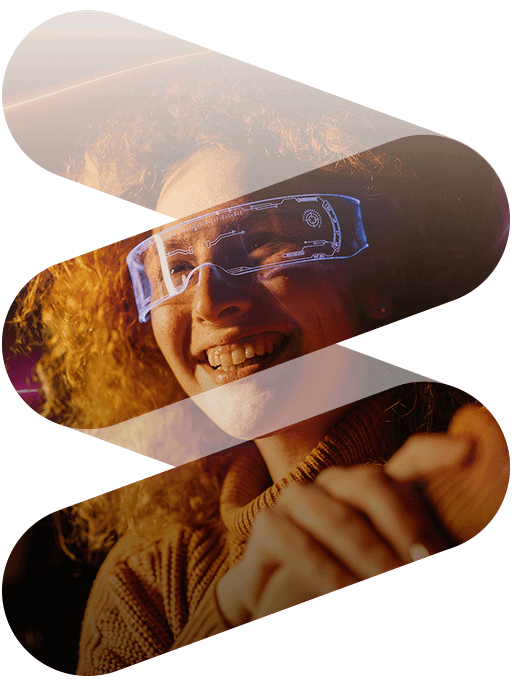Página principales Sectores de Babel Sistemas de Información
Transport and Logistics

In the coming years we will see how digitisation will offer further development in the logistics and transport sector. We might be at a time where the speed of change and sustainability are two of the most important factors we need to combine over the coming years. We have several challenges ahead, such as energy efficiency, new means of transport and the combination of these to make life easier, the work-life balance in terms of saving on travel time, making our online shopping available in the shortest time possible, and enjoying full catalogues of home meals, just one click away through our electronic devices.
GPS, route optimisation and traceability systems will make logistics operations more efficient.
These challenges and many others will be achieved in the coming years thanks to technology, which allows for the digital transformation of current and future businesses and, above all, at a speed never before seen.
92% of end energy
is used by road transport4.4% growth
in freight transport in 2019, totalling 1,472 billion tonnes3.07% growth in passenger transport
in 2019, totalling 440,000 million passengers per kmManagement of goods and people. Means of transport by land, air, sea and rail
Transport solves different problems in today’s society. Without it, we could not carry out many of the activities we undertake every day. We can classify transport in many ways, but if we focus on the most basic, we can do so from a what (freight and passengers) point of view. Furthermore, it is classified by how we transport it, i.e. the means of transport used (land, air, sea and rail). Each type has its own singularities, but they all have common features such as the need for an infrastructure and an asset to carry it out.
We target infrastructure managers and transport operators, and the entire business ecosystem
We now have endless technologies at our disposal that, if applied appropriately, enhance the business of transport and logistics companies. An example of this is the Internet of Things (IoT) that, by applying it to planning, operating and provisioning systems, enables physical objects to communicate, collecting millions of data that enable logistics companies to decide how they will act, react and plan in the future. Nowadays, fleets of vehicles can be monitored 24 hours a day, 365 days a week, and shown to customers via mobile apps and accessible websites, all in real time.
We cover the entire value chain, from journey planning, fleet management, service contracting, maintenance, transport operation, etc.
The data revolution has given the industry the opportunity to provide the customer with a multitude of additional services, and industry companies with the ability to control their business in real time and reduce the time for new product creation.
Our market knowledge and experience in the most advanced technologies and methodologies enables us to provide our clients with an end2end offering, ranging from consulting on transformation plans, systems plans, IoT device interconnection, data operations, application development, and managed services.
The capabilities we offer our customers:
• Consulting and transformation to respond to business and IT strategies
• Transformation of working models towards Agile and Lean approaches
• Implementation of initiatives using the latest technologies
• Managed service models to optimise organisational resources
• Network of technological partners specialising in different solutions and technologies


